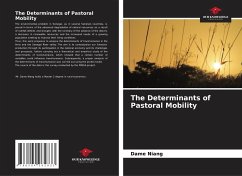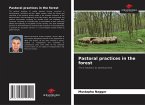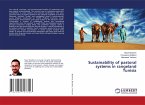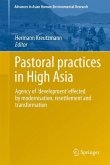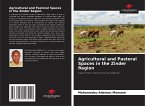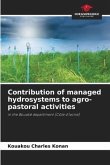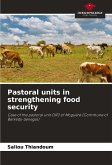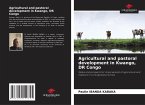The environmental problem in Senegal, as in several Sahelian countries, is posed in terms of the advanced degradation of natural resources as a result of rainfall deficits and drought, with the corollary of the advance of the desert, a decrease in renewable resources and the increased needs of a growing population seeking to improve their living conditions.Thus, this work proposes to analyse the determinants of transhumance in the Ferlo and the Senegal River valley. The aim is to contextualise our livestock production through its participation in the national economy and its challenges and prospects, before carrying out a theoretical and empirical study of the determinants of transhumance, which showed that a certain number of variables could influence transhumance. Subsequently, a proper analysis of the determinants of transhumance was carried out using the probit model.The source of the data is the survey conducted by the PRESA project.
Bitte wählen Sie Ihr Anliegen aus.
Rechnungen
Retourenschein anfordern
Bestellstatus
Storno

